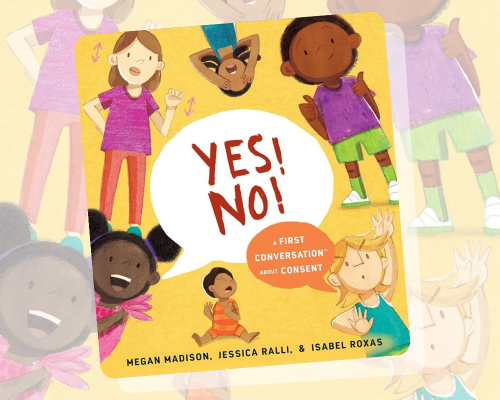In the realm of Early Childhood Education and Care (ECEC), laughter is more than just a sound; it’s a powerful tool for learning, growth and connection.
As we celebrate World Laughter Day, it’s an opportune moment to reflect on the profound impact of laughter within education and care settings, particularly in the formative years of a child’s development.
Building Bonds Through Laughter
Laughter is a universal language that transcends barriers, fostering bonds among children, educators, and caregivers.
In ECEC environments, shared laughter creates a sense of belonging and safety, laying the foundation for positive relationships.
Whether through games, humorous storytelling, or spontaneous moments of joy, laughter strengthens the emotional connection between children and adults, nurturing a supportive learning community.
Fostering Resilience and Wellbeing
Laughter is not only beneficial for cognitive development but also for emotional wellbeing.
In the face of challenges, humour serves as a coping mechanism, helping children navigate stress and adversity with resilience.
By embracing a light-hearted approach to problem-solving, children learn to persevere and maintain a positive outlook, essential qualities for success in school and beyond. In addition, laughter releases endorphins, reducing stress and promoting a sense of happiness and contentment among both children and adults in the ECEC setting.
The transformative power of laughter
On World Laughter Day, let us celebrate the transformative power of laughter in Early Childhood Education and Care (ECEC).
From building bonds and enhancing learning experiences to fostering resilience and promoting inclusivity, laughter enriches every aspect of the education and care journey.
As educators, caregivers and parents, let us embrace laughter as a catalyst for growth, connection and endless possibilities in the lives of young children around the world.



